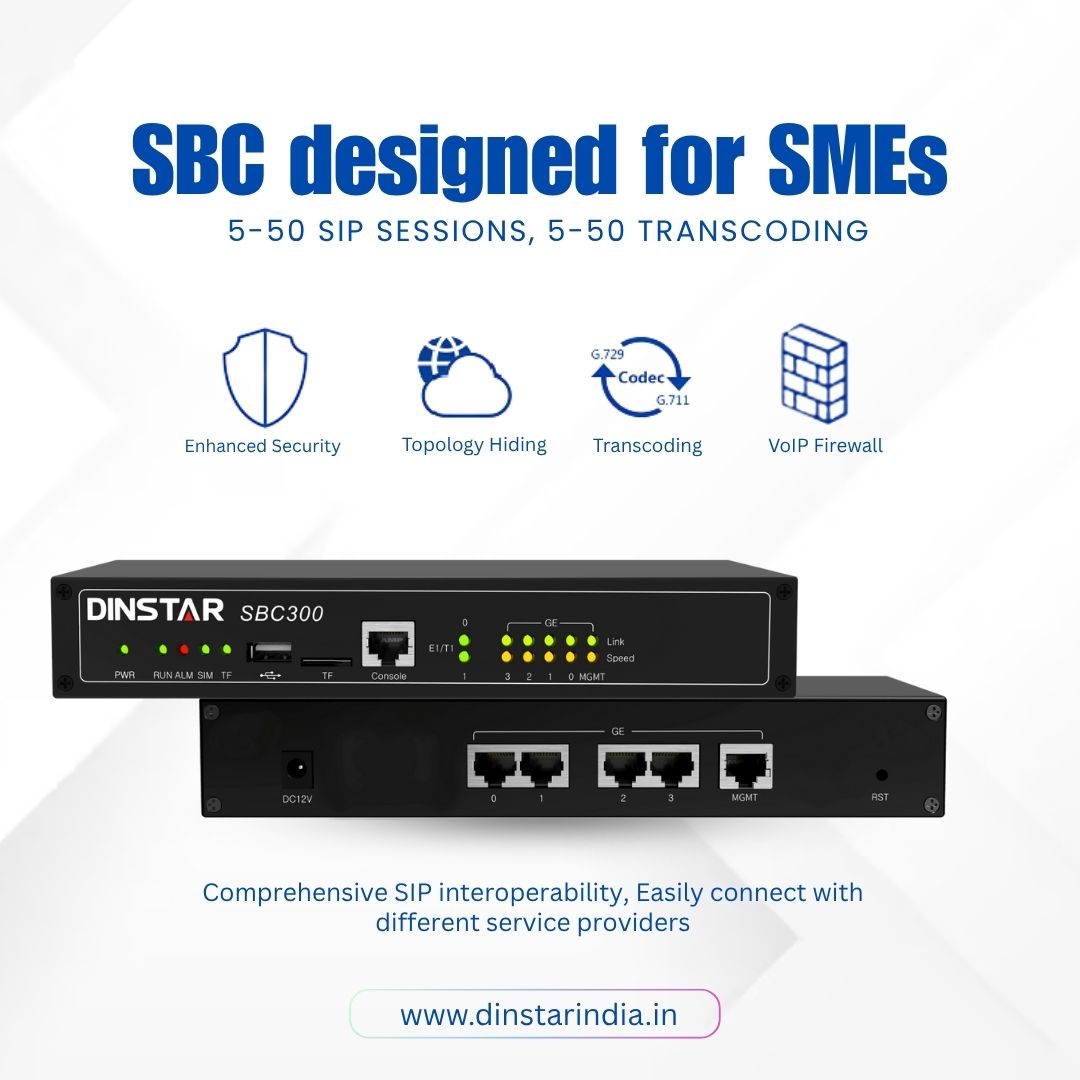What is a GSM Gateway? A Complete Guide for Businesses

Strong 8k brings an ultra-HD IPTV experience to your living room and your pocket.
In today's fast-paced digital world, businesses demand reliable, scalable, and cost-effective communication solutions. One such innovation revolutionizing business telephony is the GSM Gateway. Whether you're a small startup or a large enterprise, integrating a GSM Gateway can significantly reduce telecom expenses while improving call quality and flexibility.
In this blog, we’ll explore what a GSM Gateway is, how it works, its key benefits, and why businesses across sectors are choosing GSM Gateways—especially models like 2 Port GSM Gateway, 8 Port GSM Gateway, and 32 Port GSM Gateway—for their voice communication needs.
What is a GSM Gateway?
A GSM Gateway, also known as a SIM Gateway, is a device that connects GSM networks (mobile) to VoIP or traditional telephony networks (PSTN or PBX). It acts as a bridge, allowing you to make and receive calls via mobile SIM cards using your existing PBX or IP phone system.
In simple terms, it lets your business send voice traffic over GSM networks instead of relying only on landlines or costly SIP trunking, making it an ideal solution for areas with poor broadband or landline coverage.
How Does a GSM Gateway Work?
A GSM Gateway typically contains slots for one or multiple SIM cards and interfaces such as FXS, FXO, or SIP for connection with IP-based or analog systems.
Here’s a simplified workflow:
- Insert SIM Cards into the GSM Gateway.
- Connect the device to your IP PBX or VoIP system.
- When an outbound call is made, the gateway selects the most appropriate SIM to route the call through the mobile network.
- Similarly, incoming calls to a SIM card can be directed to a specific extension or device on your internal phone system.
Some advanced gateways allow Least Cost Routing (LCR), auto SIM rotation, and remote SIM management for enhanced performance.
Key Features of GSM Gateways
- Multi-Port Options: Available in 1, 2, 4, 8, 16, or 32 Port GSM Gateway configurations.
- Standard SIP Protocol Support: Ensures compatibility with major VoIP platforms.
- Remote SIM Management: Allows configuration without physical SIM handling.
- Call Routing Rules: Configure rules based on number prefixes, call duration, time of day, etc.
- Failover & Backup Options: Ensures business continuity during network failures.
Why Do Businesses Use GSM Gateways?
1. Cost Reduction
Using GSM Gateways allows businesses to take advantage of low-cost or unlimited call plans offered by mobile operators. This significantly cuts down on communication expenses, especially for companies making frequent national or international calls.
2. Improved Mobility
With a GSM Gateway, your business can stay connected even in remote areas where wired internet or traditional landlines are unreliable or unavailable.
3. Backup Communication Channel
In case your VoIP provider or broadband network is down, the GSM Gateway can act as a failover route, ensuring your business doesn't lose critical communication.
4. Enhanced Scalability
Need more channels? Simply add more SIM cards or upgrade to a higher-port gateway like an 8 Port GSM Gateway or 32 Port GSM Gateway.
5. Remote SIM Access and Control
Advanced devices offer remote SIM bank functionality, allowing centralized SIM management from different locations.
Popular Use Cases of GSM Gateway
- Call Centers & BPOs: Use SIM rotation and LCR for high-volume outbound calls.
- Retail Chains: Route calls to stores or sales executives via the GSM network.
- Construction & Mining: Operate in locations with no landline infrastructure.
- Logistics & Transport: Seamless communication with field staff and drivers.
- Disaster Recovery: Backup telephony during internet or landline outages.
Choosing the Right GSM Gateway for Your Business
When selecting a GSM Gateway, consider the following factors:
1. Number of SIM Slots
If you only need a few SIMs, a 2 Port GSM Gateway is sufficient. For medium or large enterprises, 8 Port GSM Gateway or 32 Port GSM Gateway options offer greater scalability.
2. VoIP Compatibility
Ensure the device supports SIP protocols and can integrate with your existing IP PBX or VoIP system.
3. Remote SIM Management
Remote SIM allocation allows efficient control over SIM cards, especially if gateways are deployed in multiple locations.
4. Brand Reliability
Invest in trusted names like Dinstar GSM Gateway—known for high performance, security, and support.
5. Additional Features
Look for features like:
- Call detail records (CDRs)
- Blacklist/whitelist filters
- SMS support
- USSD code compatibility
Spotlight on Dinstar GSM Gateway
Dinstar offers a wide range of GSM Gateways ideal for both SMEs and enterprises. Their models are compatible with major IMS/NGN platforms and SIP servers.
Top Models:
- Dinstar 2 Port GSM Gateway – Ideal for startups or branch offices.
- Dinstar 8 Port GSM Gateway – Perfect for mid-sized call centers.
- Dinstar 32 Port GSM Gateway – High-capacity solution for enterprises with massive call volume.
Each gateway is built with modular hardware, intelligent routing, and robust performance, making Dinstar a go-to solution for voice-over-GSM deployments.
Final Thoughts
A GSM Gateway is more than just a communication tool—it’s a smart investment for any business looking to streamline operations, cut costs, and stay connected in any scenario. Whether you need a 2 Port GSM Gateway for a small office or a 32 Port GSM Gateway for enterprise-level calling, there’s a solution tailored for your needs.
If you're in the market for a reliable GSM Gateway, consider trusted providers like Dinstar to ensure consistent performance, secure integration, and scalable configurations.
Note: IndiBlogHub features both user-submitted and editorial content. We do not verify third-party contributions. Read our Disclaimer and Privacy Policyfor details.







